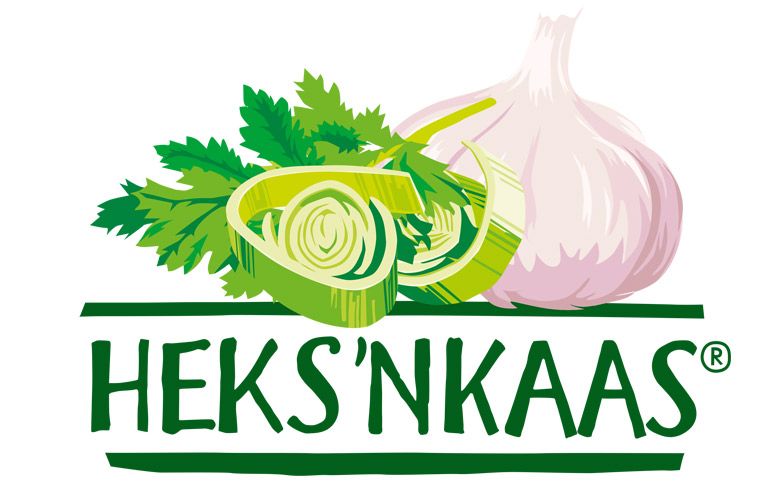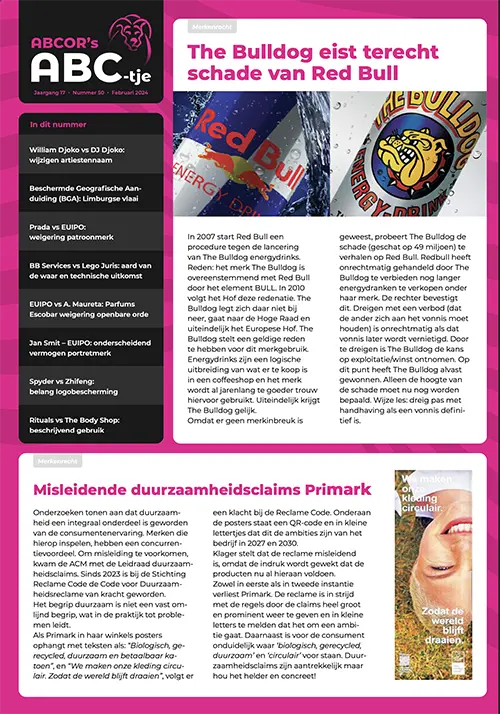HEKS’NKAAS was created in 2007 by an amateur chef. The product proved to be very successful. In 2013 it was for sale in all the major supermarkets in the Netherlands. A competitor suddenly introduced Magic Cheese, which tastes the same. HEKS’NKAAS acts against this product claiming it infringes its copyright. The court rules in favor of HEKS’NKAAS and claims that taste can indeed be subject to copyright. Determining factors are whether 1. The creation is open to human perception and 2. That the creation is original and has a personal touch by its maker.
HEKS’NKAAS certainly has that last requirement, since the creator had to make certain decisions out of possible ingredients to come to the taste of the product. The product has a unique taste and cannot be confused with other cheese spreads. The case therefore centers around the question of whether or not the taste of the products is open for human perception. The spread is unique in its taste and not based on any existing product. The case further focuses on the question what constitutes the taste of a product and how this is perceived by the consumer. The ingredients themselves are not more than a guideline. Only by actually tasting the product can it be established. An expert is called upon to taste and compare both products. His conclusion is that MAGIC CHEESE is a one-on-one copy. For the court this is more than enough. Taste (in this case the taste of HEKS’NKAAS) may be protected through copyright. Magic Cheese’s product is very similar. The producer of HEKS’NKAAS may therefore confiscate all of Magic Cheese’s products to prevent the inventory from suddenly disappearing. To be continued.

